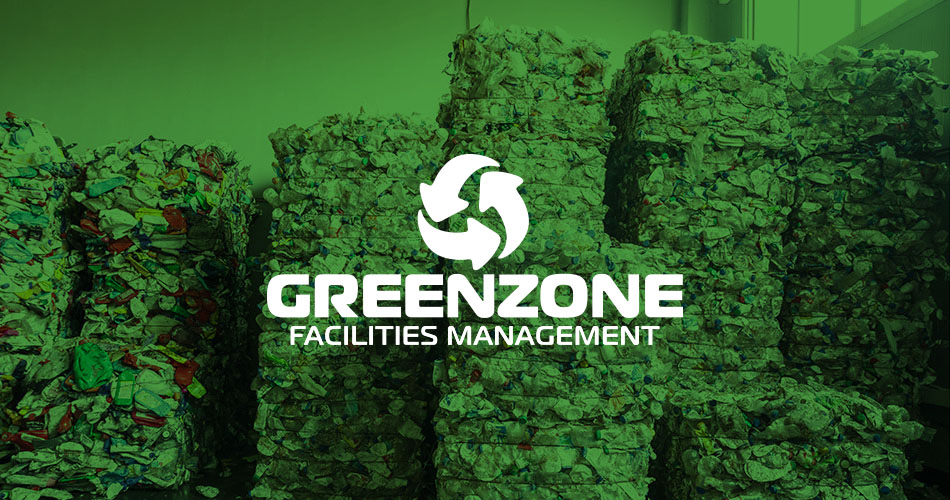The previous EAC began an inquiry on the same subject last June, collecting 51 submissions of written evidence and planning a programme of oral evidence hearings.
However, as parliament was dissolved for the general election, the inquiry did not progress further.
Electronic waste is the world’s fastest-growing waste stream, with around 50 million metric tonnes generated globally in 2018.
This waste can contain hazardous substances that contaminate soil, water sources, and food supply chains
It can also contain valuable, recoverable materials such as gold, silver, copper, platinum, and palladium.
However, recycling rates are currently low, with most e-waste landfilled or incinerated.
The UK missed its 2018 e-waste collection targets by 45,000 tonnes, and the target for 2019 has been set at 550,577, a 12% on 2018 levels.
Philip Dunne, chairman of the Environmental Audit Committee, said: “From being woken by electronic alarm clocks and putting the kettle on, to working on laptops and messaging on our mobile phones, we are constantly using electric devices.
“The desire to upgrade our devices continuously, coupled with the poor design of some products, is creating a growing mountain of electronic waste.
“If the UK is to maintain its position as a world-leader in protecting the environment, we have to manage our e-waste better and make the transition to a more efficient circular economy.
“This new inquiry will consider what consumers and industry can do to minimise e-waste and increase how much of it we resell or recycle.
Orginal Source

